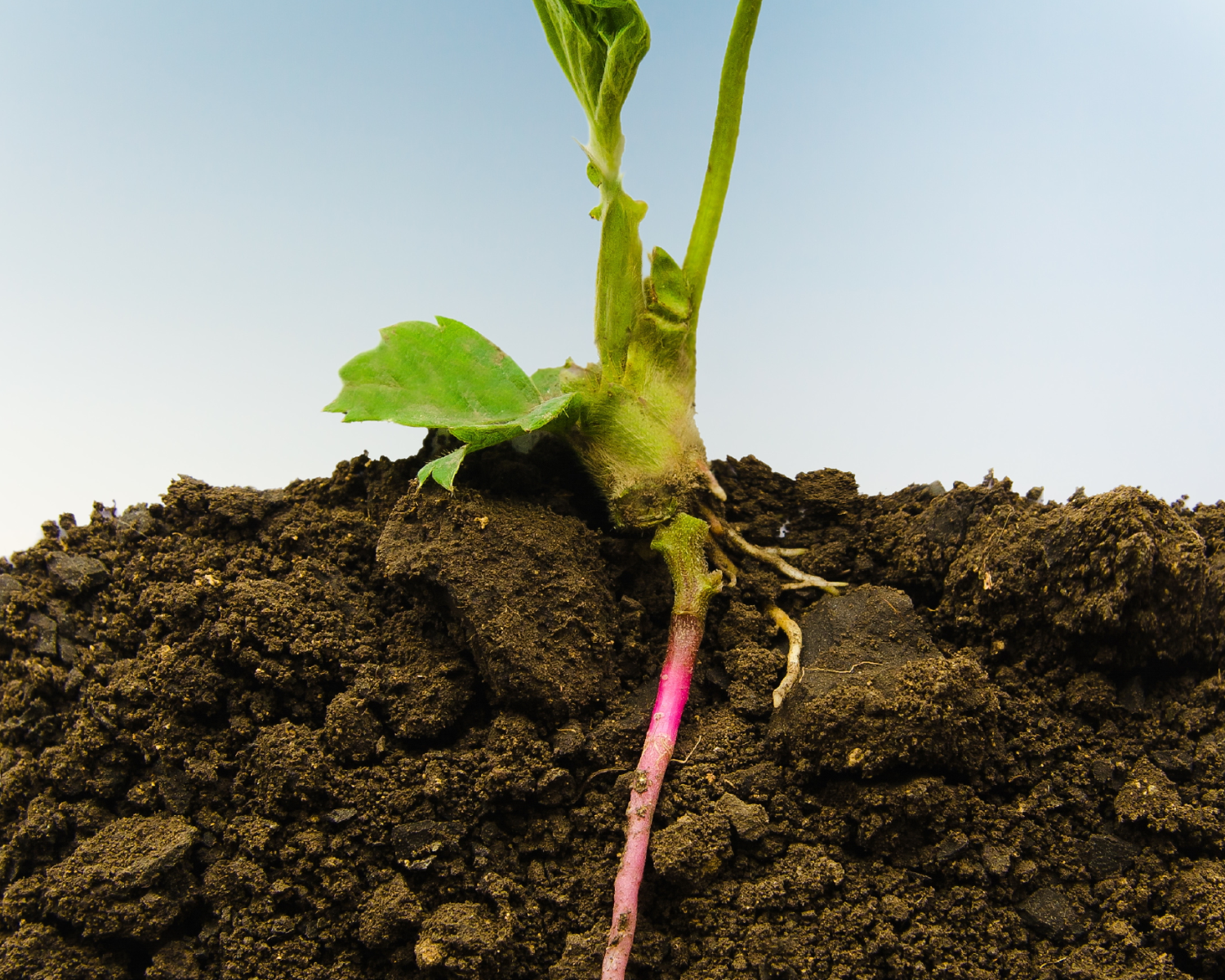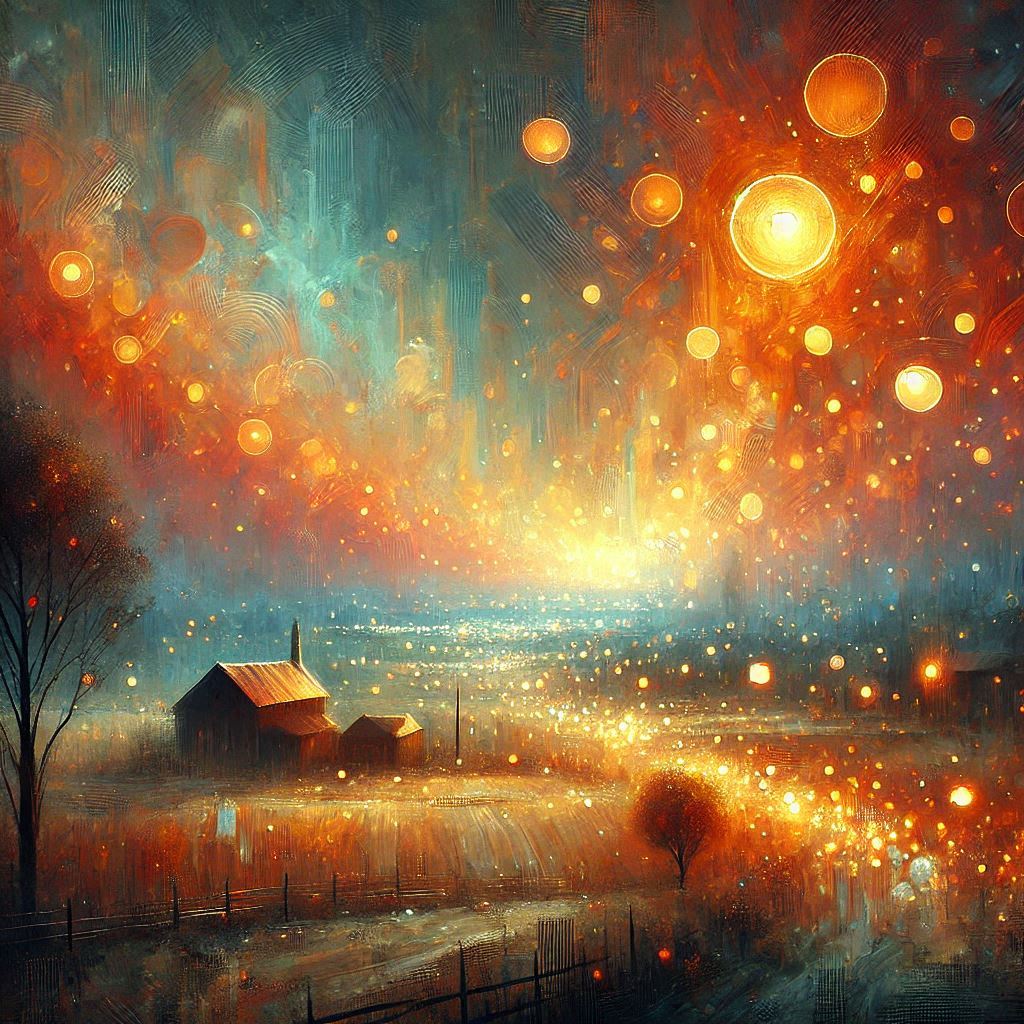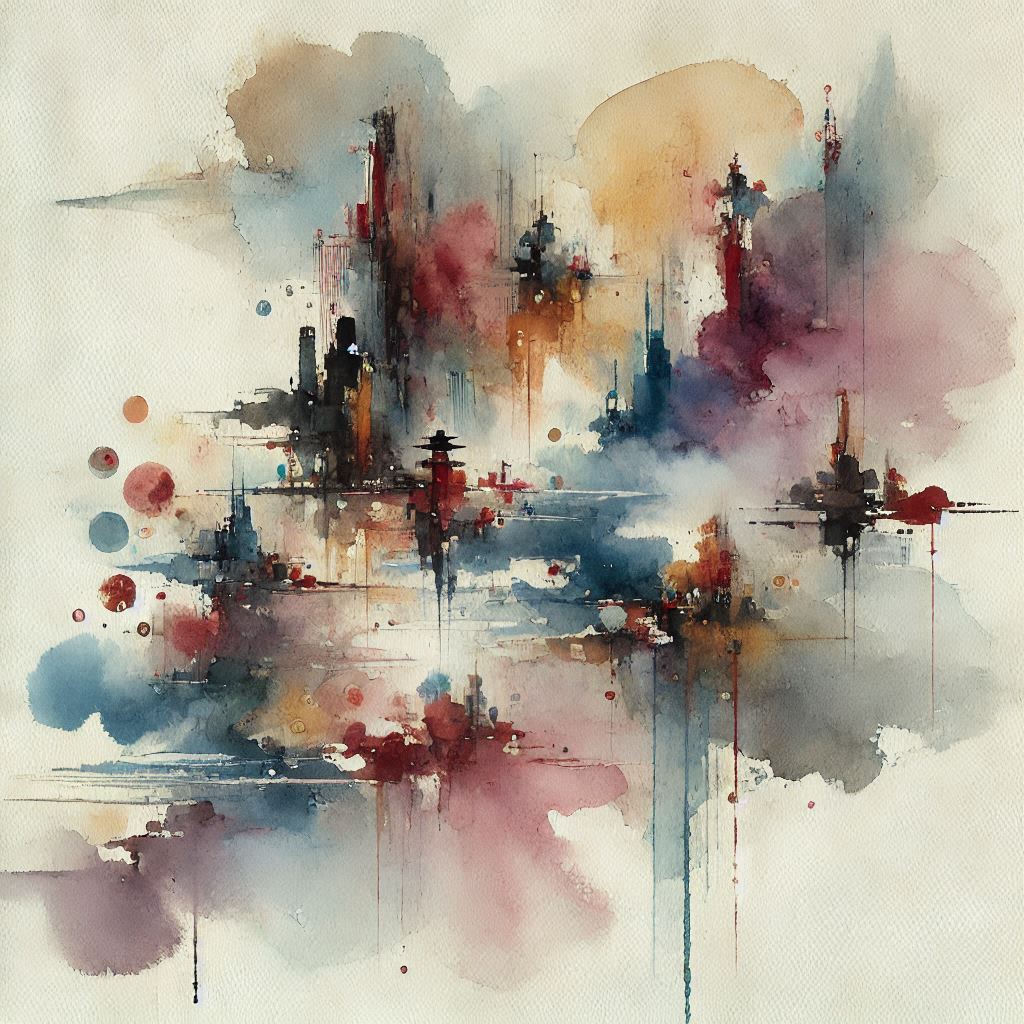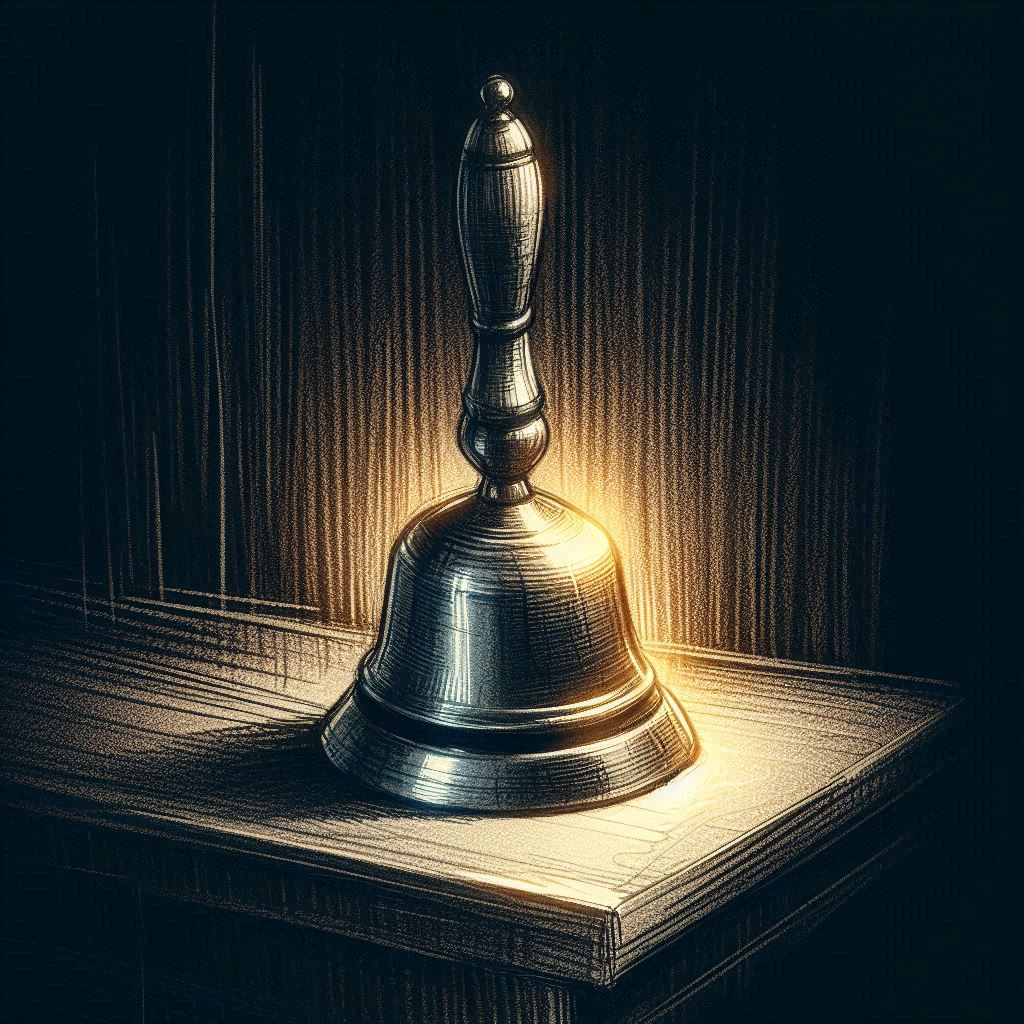
Samadhi
Every time we cross the car park to the funeral hall, I realize again how badly I misremembered the place: The distance from the car to the arcade always longer or shorter that I expect, the cobblestones a different shade of beige, the pillars around the entrance a completely different substance. Where I’d remembered white stucco I now discovered a polished pink metal and, having now committed a pinkish polished metal to memory, the next time we come I’ll almost certainly be surprised by an entirely different hue of pink. A different number of columns. A different distance from ground to ceiling.
“My uncle decided not to pay a priest,” my wife informs me.
As yet I’ve heard nothing of the religious inclinations of that branch of the family. All I know, from meeting this uncle’s younger son Yuji at a previous funeral, is that the father and both sons are afflicted with gigantism. I’ve never met the older son because he’s never come to a funeral.
“It’s going to be a civic ceremony,” my wife says. “Just for the immediate family.”
I’m not entirely sure my presence will be welcomed. “Why didn’t we ever visit them when your aunt was alive?”
“We just aren’t close.”
Across the field is a special funeral hall for pets, equipped with its own crematorium. “I never saw anything like that in the States,” I muse. “Such affection for pets, and yet such hostility toward vegetarians.”
“Only in the older generation,” she says. “And anyway, we live by taking life.” She uses the honorific itadaku. She reminds me that every substance we consume is alive. The Japanese perceive a spirit in every manifestation of nature, and are taught to gratefully accept any morsel put in front of them. Refusing is deemed “picky.” The concept that one might abstain for reasons other than personal preference is entirely alien.
“Plants don’t have a brain or central nervous system,” I object.
“Trees communicate through their root networks.” My wife has recently read a book by a German researcher demonstrating how trees send messages to each other through the network of their roots, such as to warn their kin of the approach of a leaf-eating animal so that they can make their leaves less palatable by reducing the flow of sugars to their branches.
“It’s not the same thing at all,” I say.
“How do you know? How do you know trees don’t sense and suffer just like animals?”
I mumble that I see her sister’s car behind us. She nods and turns the wheel, and we roll into the car park. She’d have been content to let the topic rest. “Don’t you find it easier to swat a mosquito than to kill a cat or dog?” I ask.
“Sure. We have to kill what causes us harm. Mosquitoes, mice, cockroaches.”
“I have a harder time killing mice than cockroaches.”
“I can understand that.”
My sister-in-law climbs out of her van in a black dress and grey pearls. I’m wearing my only black suit. My wife’s outfit is a random pairing of black cardigan and trousers because she doesn’t own a black dress. Our nephew, in his school uniform, is ganglier than he was at the last funeral and has a deeper voice, but still looks at the ground and offers monosyllables in response to my attempts at conversation. The staff herd us into the reposing room. I can tell the widowed uncle at a glance: Standing in the centre in a close-fitting knit cap and well-cut suit, his advanced age and towering stature lend him palpable gravitas. Yuji is the only person I recognize. The teenagers in their uniforms must be his kin: the boy standing to attention against the wall, and the mangled wraith of a girl on a stool in the corner. The woman I take to be her mother is trying to prod her to stand for the ceremony.
“I don’t wanna.”
In my periphery, the widower is extending a hand in my direction. I think I hear my name in a questioning tone, but I only approach when my wife’s sister calls me over.
Unable to recall the set phrase for condolences, I greet him with a bow. He thanks me for coming, says it’s been so long since he’s seen my wife or her sister, praises my ability to engage in basic conversation.
“But you don’t live so far away?” I ask.
“No, just across the bridge,” my sister-in-law answers for him.
I catch Yuji’s eye and give him a nod. As tall as his father, his receding crew-cut and eyes magnified and blurred by black-framed coke-bottle glasses, he appears caught in a time warp around 1960. My wife, tall for a Japanese woman, looks petite beside him. Someone mentions that she’d played basketball centre in high school. Yuji’s son says he wishes he were taller.
“You might still grow,” Yuji tells him, indicating my wife and me. “You might catch up to Junko-san and…gaijin-san.”
In front of the coffin, my wife’s sister and Yuji’s elder daughter, a university girl who’d come by bus from Osaka for the funeral, squeal with delight about whatever girlyboy pop group is currently the rage until the conductor of the ceremony enters to announce the lighting of the incense.
“Won’t you come and light some incense?” Yuji’s wife urges the wraith on the stool.
“I don’t wanna.”
We hold our cords of juzu beads and queue up to add a stick to the censer, fold our hands and bow to the corpse, then bow to her surviving family. Two mountains of oversized flowers are wheeled in on carts. We gather them in bunches to place in the sides of the coffin, working our way up from the tiny old woman’s feet. Her expression is serene, the hint of a smile on her plasticine cheeks. The white silken covering draped over her body is soon buried in flowers.
“Won’t you come up to help place the flowers?”
“I don’t wanna.”
I wait with the other men for the coffin to roll into the corridor. We place our hands on the edges and guide it to the hearse, then follow in our separate cars to the other side of the complex.
“This is our future,” I say as my wife drives. “They dip you in formaldehyde to lie in a wooden box while your younger relatives giggle about girlyboy pop groups. Then they burn you and cram whatever’s left into an urn that sits in the family tomb, and the living think about you twice a year when they grumble about having to clean the grave. You’re a burden to your family even after you’re dead.”
“So negative,” she laughs.
“It’s that way for all of us. Even gaijin-san.”
Again she laughs. “Forgive Yuji.”
“Of course I do.”
“He has a good heart. His brother won’t have anything to do with their father, you know, after how badly he used to beat them all.”
I watch the cedars on the mountains that ring the complex as we park in front of the crematorium. The coffin is wheeled from the hearse into the furnace. We stand around while the doors close and listen to the whoosh of flame, and are ushered down the corridor to the waiting room. Yuji’s younger daughter sits obstinately outside, her posture increasingly flouting the rules of anatomy.
I’ve misremembered the waiting rooms, too. A balding lawn is the entire view from the picture windows. Somehow I’d remembered pines crowded so closely against the glass the effect might have been cosy were it not for the too-widely-spaced antiseptic furniture. I stare across the lawn at the trees still visible on the hills.
I think of how they begin life straight and hale, over decades or centuries to weaken against the mosses that eat their bark and the beetles that bore through them until, toppled by a storm or gravity, they lie decomposing at the feet of their kin now enjoying a clearer view of the sky.
My wife goes out for coffee and a cigarette and leaves me to my tea and manju. It’s now acceptable for us to tug down our face masks, but not everyone does. At the table before me, the university girl is chatting amiably with her widowed grandfather. Across the aisle, divided by clear plastic barriers, the teenagers fiddle with their smartphones. My nephew twists around to show his youngest cousin something that makes her smile.
The bereaved uncle turns slowly toward me. “Where’s Junko?”
“She went out to smoke. She’ll be right back, I’m sure.”
“Ah.” A long pause, then: “It’s been a long time, you know. Since I’ve seen Junko.”
“Indeed. Yes. I’m sure.”
Yuji is seated at the next table, and we fall naturally into conversation. It begins with talk of work, then turns to houses and pets. In a moment, my wife is seated between us. At the mention of our cats the college girl comes to show pictures of hers. Soon they’re sharing pictures of other relatives, including my wife’s father sitting stupefied at the care home, his tiny eyes all pupil, perceiving nothing.
“Where are they going to send the remains?” my wife asks Yuji.
Yuji says his mother’s last request had been to have them sent to the Reihokai centre in Kobe. “Wasn’t that what they did with your mother’s ashes?”
My wife reminds me with amusement that she and Yuji were shūkyo-ni, adult children raised in religious cults who somehow escaped the brainwashing. She intimates to Yuji that my mother was also cremated.
Yuji blinks at me. “So your family isn’t Christian?”
I shake my head. “We were married by an Episcopalian priest because we happened to have one in the family. I was raised Buddhist by my mother. My father’s an atheist, although his family’s Catholic. My godparents are Jewish, so I was circumcised by a rabbi just in case.”
I watch Yuji’s face to see if I’ve said too much, but he’s careful not to react. Typical American, I think, laying everything on the table. I think of the Shinto shrine on the wall at the house where my wife lived until we were married, the house where her sister and family still live, and its upstairs room filled entirely by the Reihokai altar with its monumental vases of evergreen sprigs and piles of fruit and processed food offerings and wooden box of registration plaques commemorating the joining by marriage of two Reihokai families. For memorial services the local kannushi comes to perform Shinto rites in front of the altar.
The man from the funeral hall enters to announce the ceremonial digging through the ashes. This time when Yuji’s younger daughter refuses to go, her mother doesn’t press her. The man uses a broom and dustpan to extract the biggest chunks, and uses giant chopsticks to pass them to us piece by piece for us to place in the urn. He reminds us that the Adam’s apple is the crowning piece. Called literally “throat Buddha” in Japanese, its two segments are to be placed so as to resemble Shakyamuni seated in meditation, placed reverently atop the mount of bones we’ve placed in the urn, then crushed with an audible crackle when the man from the funeral hall crams down the lid.
Outside in the courtyard, it’s a sunny autumn day. With the inevitable suggestion of posing for group photos comes the question as to whether or not it’s really okay to remove face masks.
“With masks it won’t be much of a picture,” I grumble.
For the first time, I see everyone’s face. Yuji’s younger daughter is smiling again, making a peace sign for the camera. Someone wants a picture of only their immediate family, then only Yuji and his father, then only my wife and her sister. They ask for a shot of Junko with her family. I hang back by my Buddhist atheist quasi-Jewish self. The girl is still smiling, watching me over her shoulder, phone in hand, waiting. I smile back and take my place at my wife’s side, between my sister-in-law and nephew.
Suggested Reading
-
about Lollipop, Lollipop![Lollipop]()
Featured • Fiction • Nonfiction
Lollipop, Lollipop
The figure moved slowly, deliberately, its shrouded head turning towards Josh. Those eyes—sharp and frigid as icepicks—stared at him. The man’s black lips never moved, even as a word pierced him like a yell: “Beware.”
Featured • Fiction • Nonfiction
-
Nonfiction
-
Flash • Nonfiction



